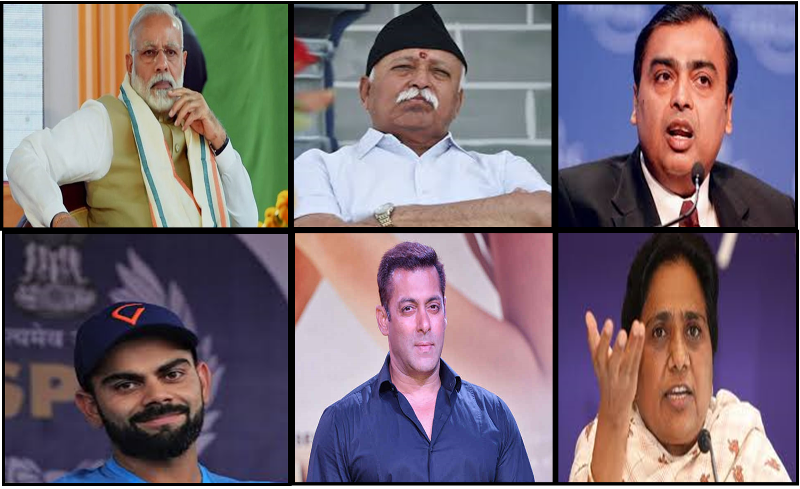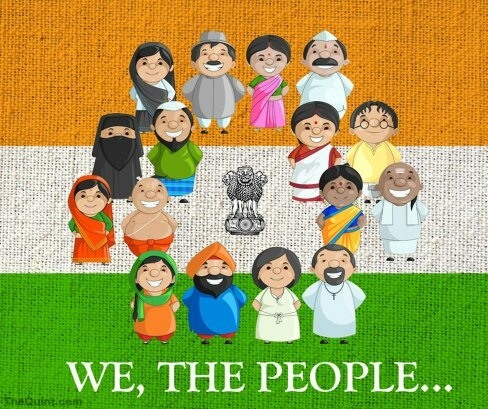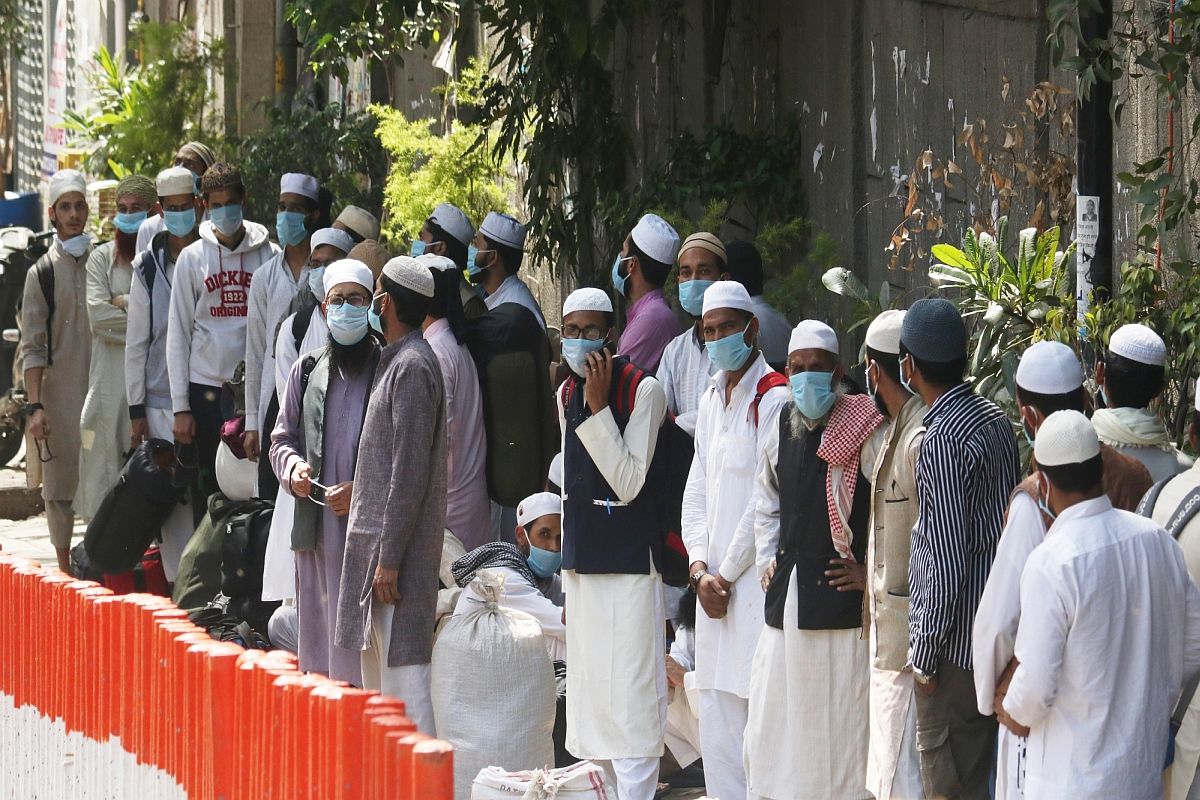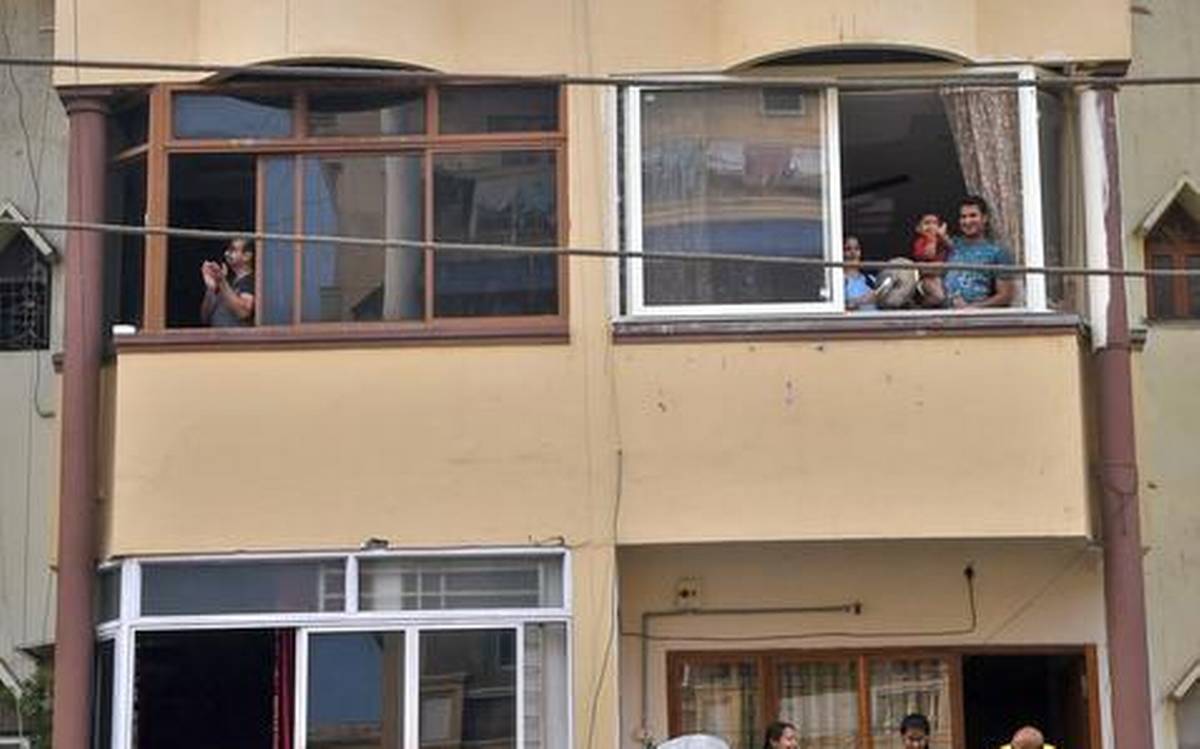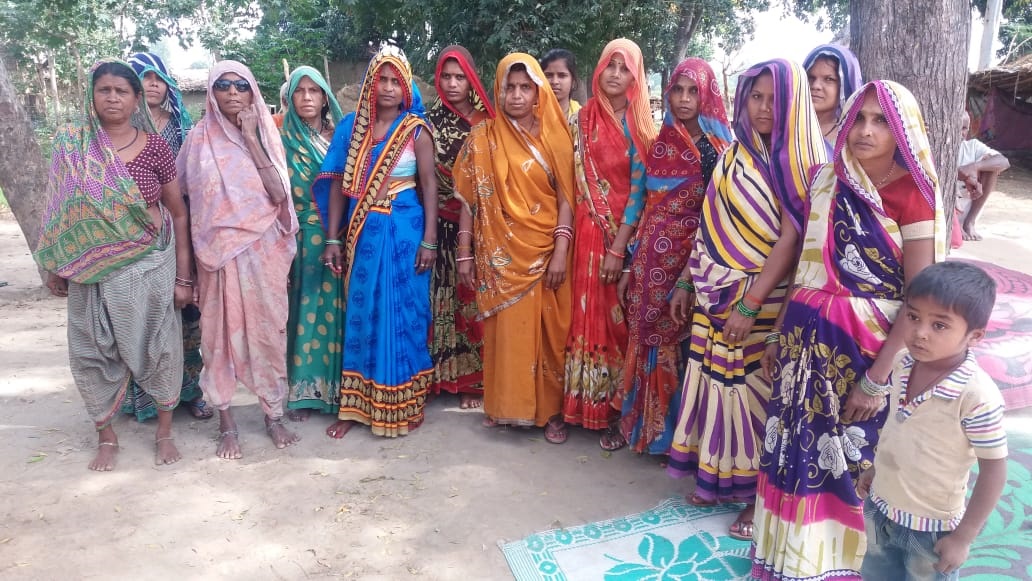COMMENTARY

In this brief reflection the author has debunked the routinized practice of celebrating power.
Uttama theater activist and writer situated in West Bengal.
Lately, a leading newspaper (The Indian Express) has come forward with a list of one hundred ‘most powerful Indians’ in 2018. There is no surprise, no departure from our chronic obsession with ‘celebrity culture’. Yes, the list has to include Mr. Narendra Modi and Mr. Amit Shah. Rahul Gandhi, Mamata Banerjee and Mayawati too find their place. And then, the likes of Virat Kohli, Smriti Irani and Nita Ambani are there. Salman Khan, Deepika Padukone and Amitabh Bachchan cannot lag behind.
As I open the morning newspaper and see this list, I ask myself:What does a ‘powerless’ man like me do with this list? Do I feel happy and begin to think that I need not worry because these ‘powerful’ people will take care of my well being–the need for clean air, peaceful living, a culture free from poverty and violence, greed and exploitation? Do I tell my friends: See, how lucky we are!There are one hundred powerful people amidst us, and now we can sleep without worry and anxiety!
Ironically, things do not happen the way a ‘ridiculous’ man like me wants. Despite these ‘powerful’ people, school children are raped, communal violence is normalized, legislators are bought and sold like bottles of wine, street children continue to beg, and corruption with all sorts of bank scams become more and more spectacular.
At this moment of realization, I begin to suspect this very notion of ‘powerful people’. Power for what? Power for whom? Is it the power to retain their privilege, their narcissistic will to dominate? Yes, power enables Mr Amit Shah to project himself as an election winning machine; power leads Prakash Javedkar to destroy the culture of higher education; power enables Nita Ambani to own a cricket team and reduce cricketers into sale-able horses; power inspires Salman Khan to act in all sorts of meaningless films and earn what a man like me would never be able to count.
At this moment, there is deep realization; and I throw the list into dustbin. I shout; I do not need these ‘powerful’ people. Let the newspaper do its business. I need a different kind of power–the power to be powerless, the power to love, the power to share, and the power to find extraordinary joy in ordinary things of life. I see the nasty politics of these ‘powerful’ people–the unholy alliance of politicians, cricket/Bollywood stars and corporate elite. I see its superficiality.
In my ‘powerlessness’ I begin to see my wisdom–my ability to distinguish truth from falsehood, substance from propaganda, authentic search from media sensation. I would imagine a world in which everyone is powerful because there is no other power except love and togetherness.

